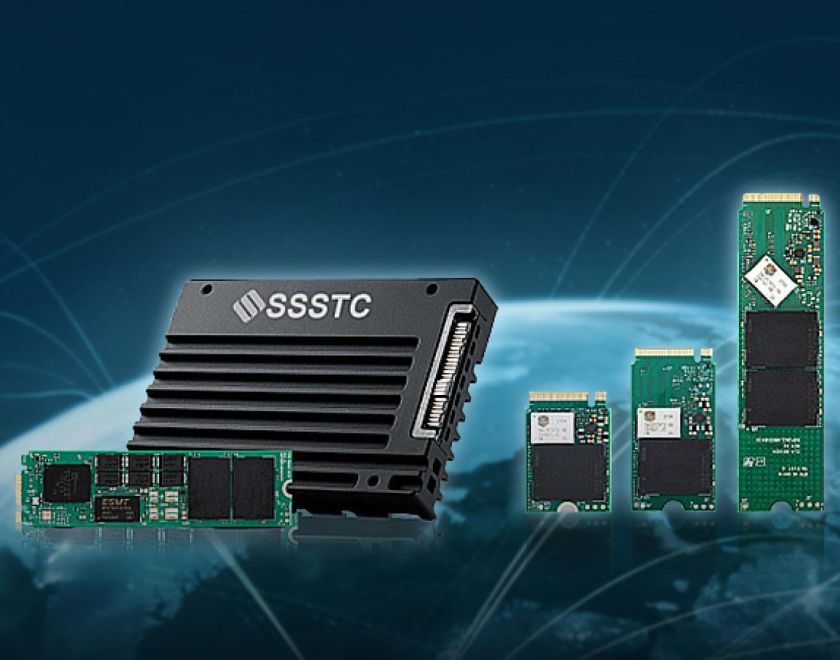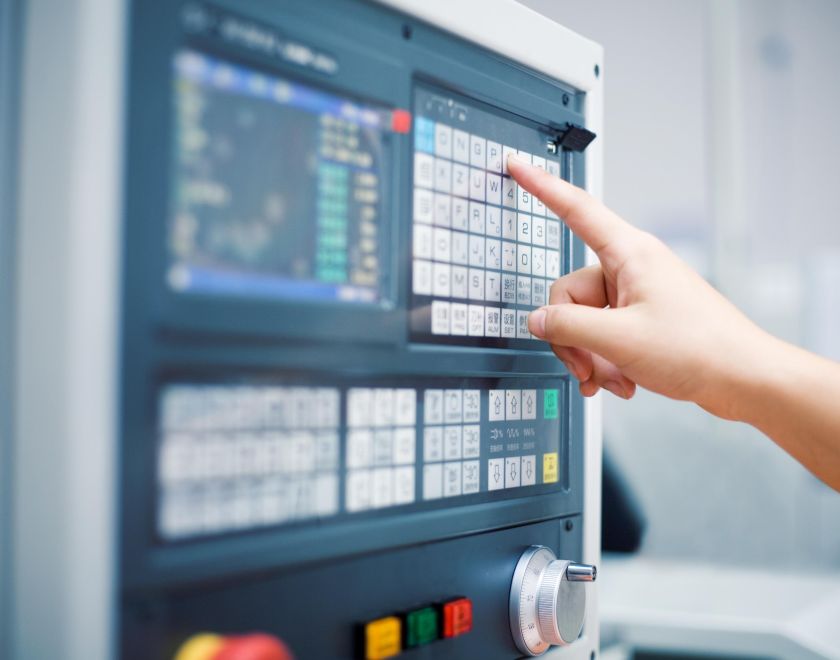Power Consumption with SSDs: A Greener and Efficient Solution
Solid State Drives (SSDs) have revolutionized the storage industry with their lightning-fast performance and reliability. In addition to these benefits, SSDs also offer significant power consumption advantages over traditional hard disk drives (HDDs).
Energy Efficiency of SSDs
In recent years, energy efficiency has become a crucial consideration for various computing devices. SSDs, being solid-state devices with no moving parts, consume significantly less power than their HDD counterparts. This is primarily because SSDs use NAND flash memory chips to store data, which requires less power to operate compared to the mechanical components found in HDDs. As a result, SSDs have emerged as a greener and more power-efficient storage solution.
Factors Affecting Power Consumption
While SSDs are generally more power-efficient than HDDs, certain factors can affect their power consumption:
- Type and Generation of NAND Flash Memory: Newer generations of NAND flash, such as 3D NAND, tend to offer improved energy efficiency.
- SSD Controller: A well-designed and efficient controller can minimize power consumption during read and write operations.
- Active vs Idle States: SSDs consume different amounts of power during active and idle states. While active power consumption is higher when performing read/write operations, idle power consumption is considerably lower, making SSDs energy-efficient during periods of inactivity.
Comparison with HDDs
To understand the power-saving potential of SSDs, it's crucial to compare their power consumption with that of HDDs:
- Active Use: On average, SSDs consume around 2-3 watts, while HDDs can consume up to 6-7 watts or more.
- Idle Periods: For instance, CVC SATA SSD, equipped with DEVSLP (Device Sleep) functionality, can consume as little as 0.5 watts, whereas conventional HDDs may consume 3-4 watts.
Benefits of Lower Power Consumption
- Reduced Cooling Requirements: Since SSDs generate less heat, they require less active cooling, contributing to overall energy savings in data centers and other computing environments.
- Extended Battery Life: In portable devices such as laptops and tablets, SSDs can significantly extend battery life due to their lower power consumption.
- Environmental Impact: The lower power consumption of SSDs translates to reduced energy usage, resulting in a smaller carbon footprint. This aligns with the growing global focus on sustainable and eco-friendly technologies.
Conclusion
SSDs offer a power-efficient alternative to traditional HDDs, delivering superior performance while consuming significantly less energy. With their lower power requirements, SSDs not only contribute to greener computing practices but also offer extended battery life for portable devices. As technology continues to advance, optimizing power consumption through SSD adoption becomes increasingly crucial for both environmental sustainability and cost-effective computing. Embracing SSDs is a step towards a more energy-efficient future.


__24G16VKw0E.png)
__24G16Bppod.png)
__24G16rS28I.png)

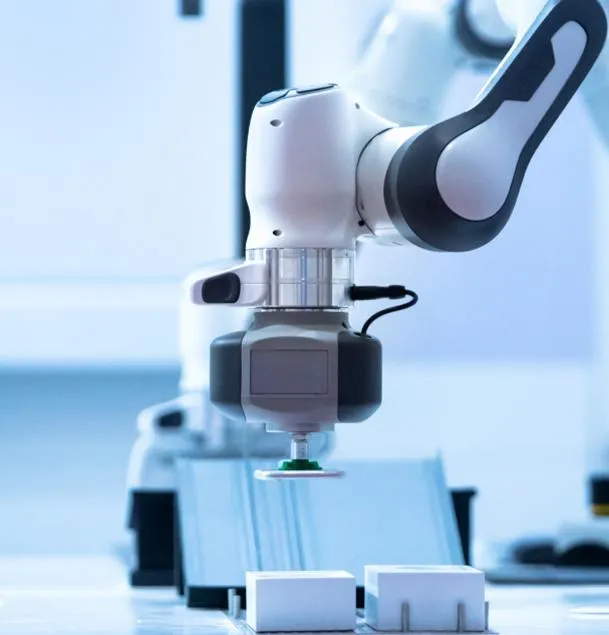
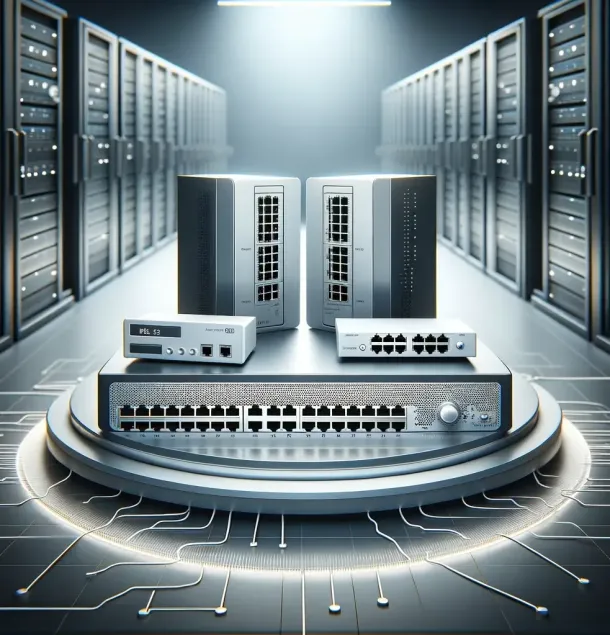

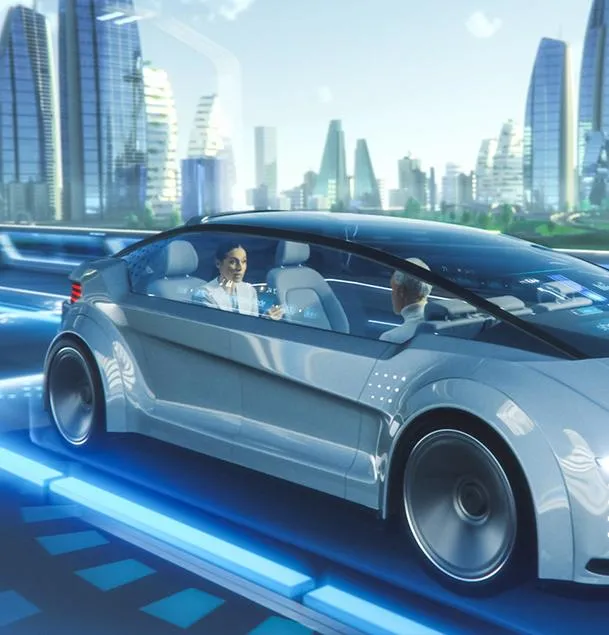
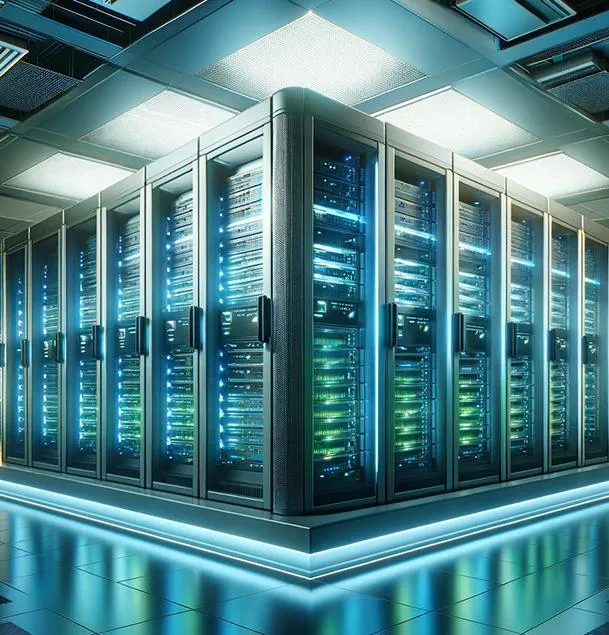
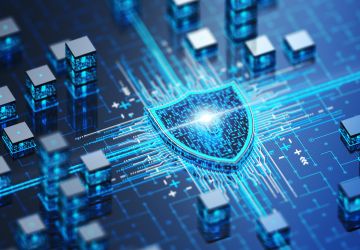
__24G16de2r3.jpg)
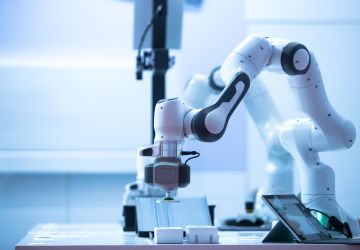

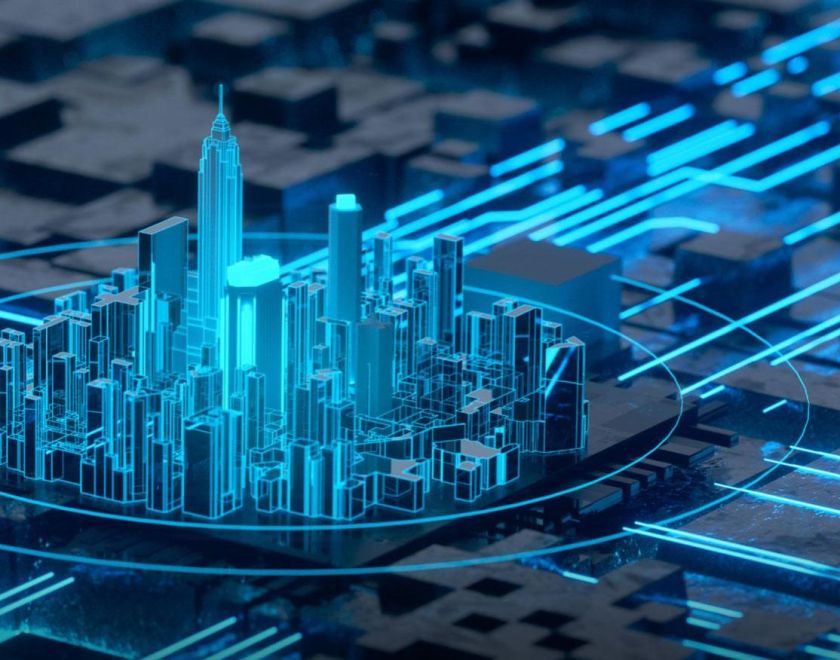


__24G16jTes4.png)
__24G16SnSj1.png)
